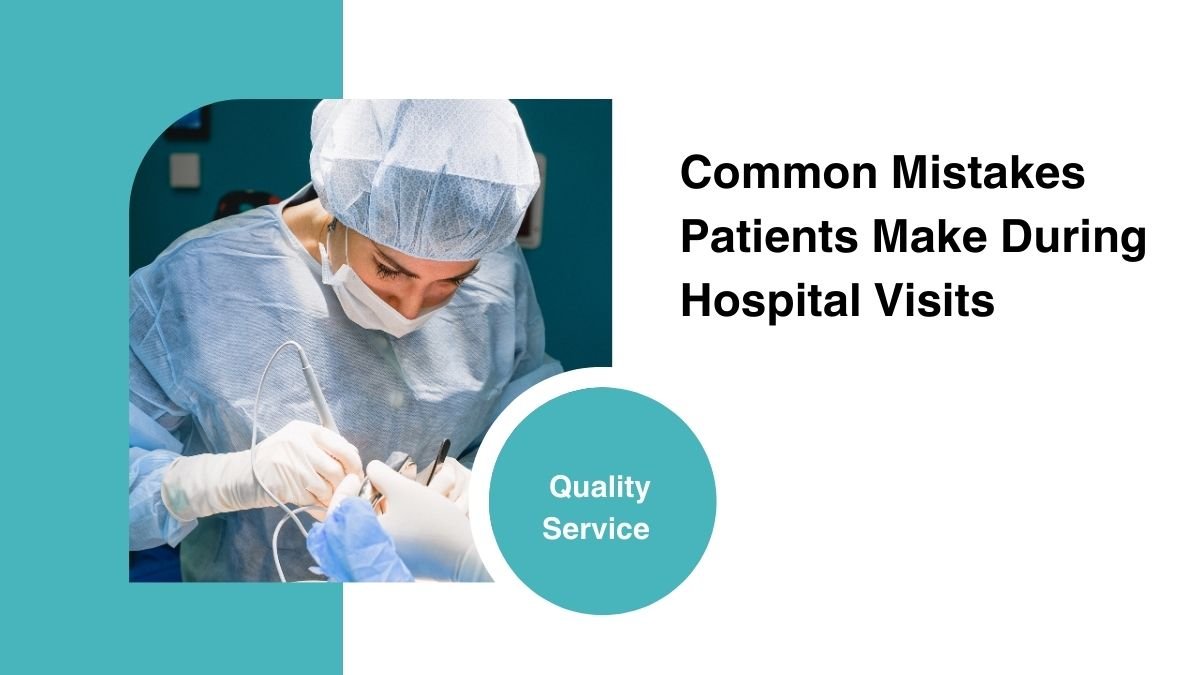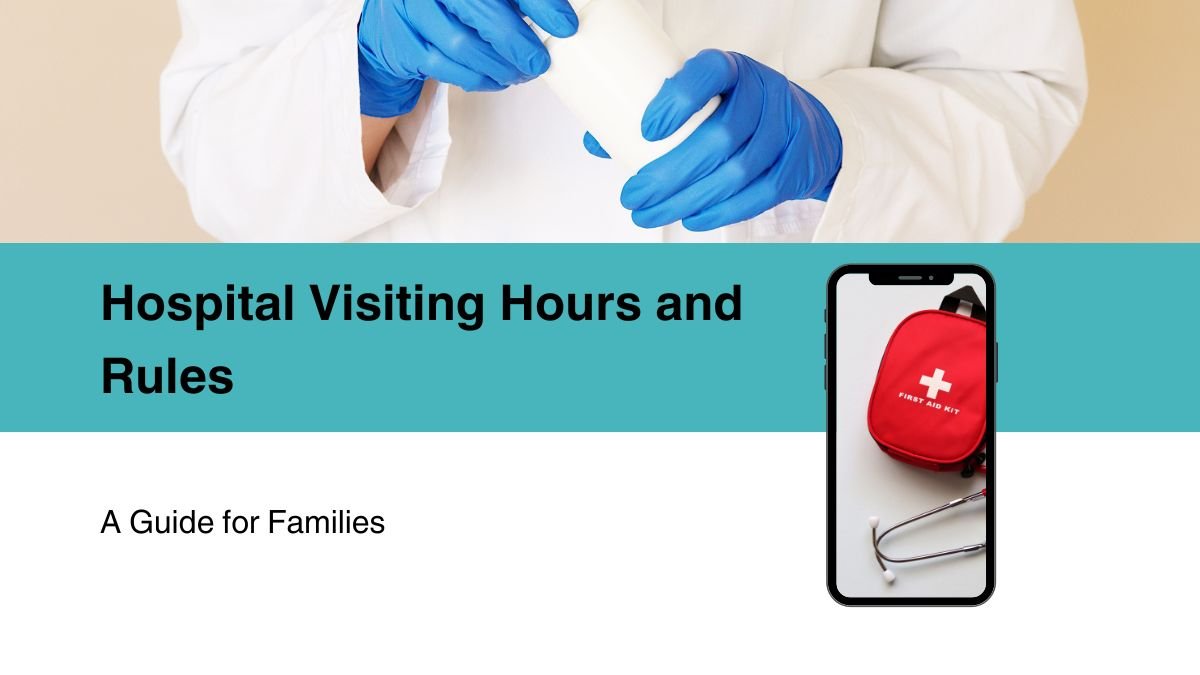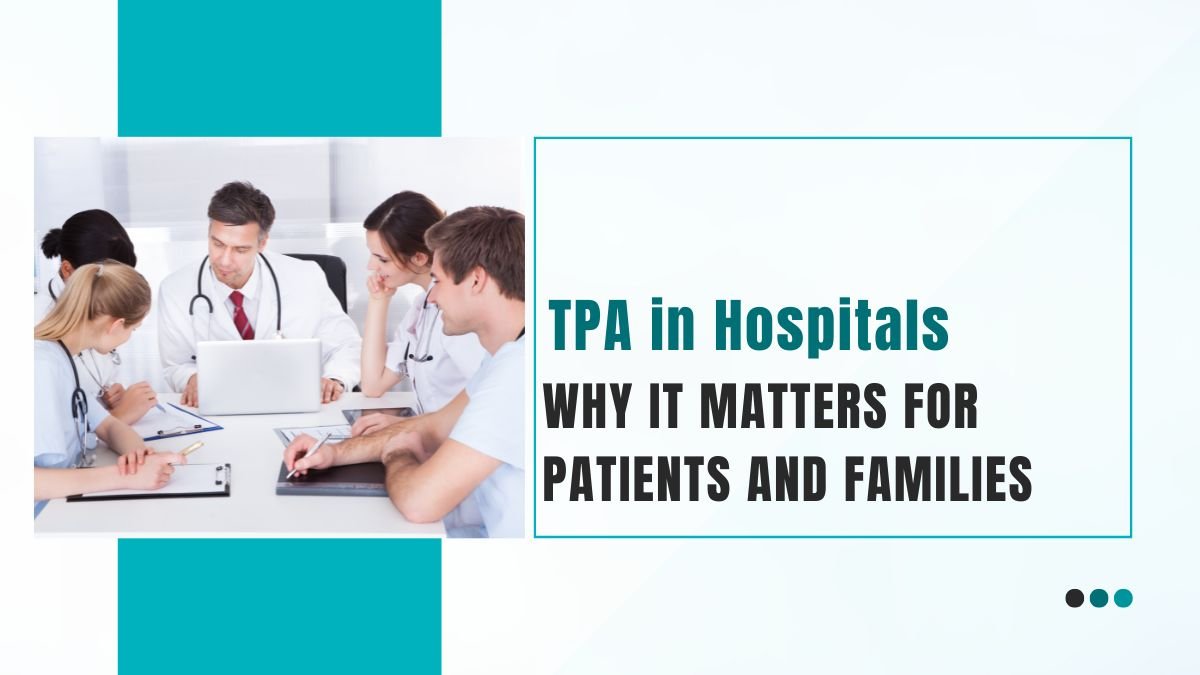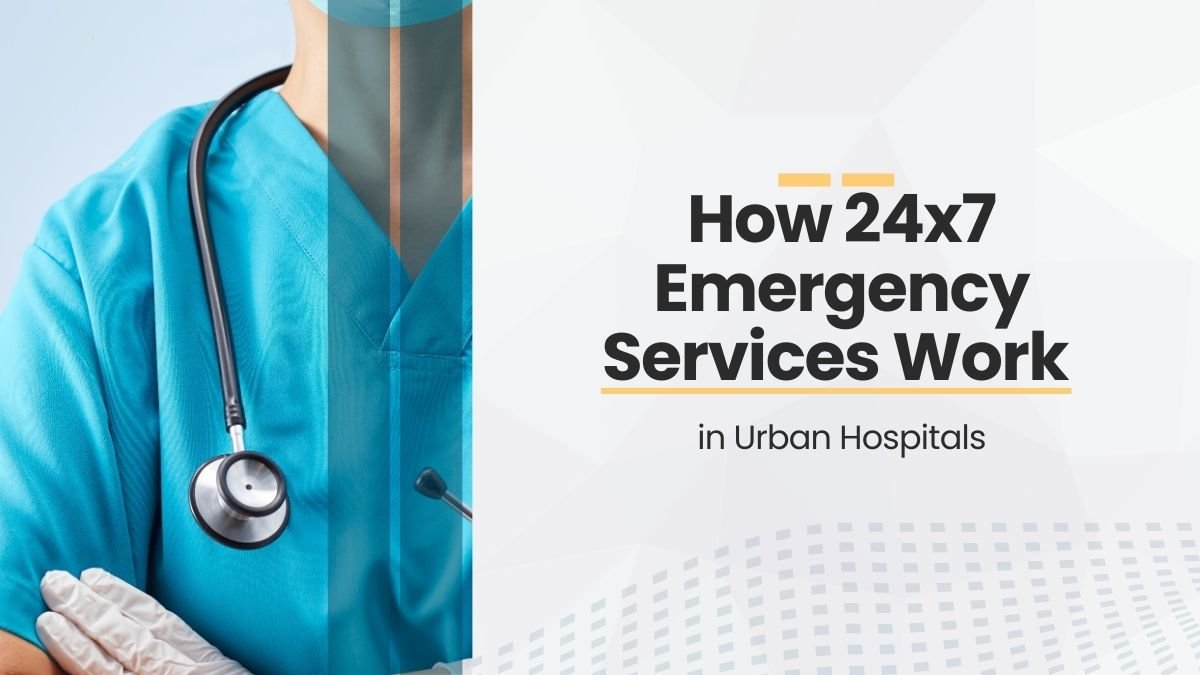Visiting a hospital can be one of the most stressful and challenging experiences. Even with proper healthcare, small mistakes by patients can interfere with treatment and affect recovery. Knowing the precautions to take before, during, and after a hospital visit is essential for ensuring safety and effective treatment.
1. Precautions Before and During Your Hospital Visit
Be Honest About Your Symptoms and Health
Provide accurate information about your symptoms, even if they seem minor. For instance, mild headaches or fatigue could indicate a serious condition. Also, share lifestyle habits such as smoking, alcohol consumption, or lack of exercise, as these affect treatment decisions.
State All Medications and Allergies
Many patients forget to report their current medications, supplements, or allergies. This can cause serious complications. Bring a list of medicines with doses and timing, and if possible, bring the medicines themselves.
Do Not Take Medicines Without Knowledge
Never take old medications without consulting your doctor. Mixing old and new medicines can lead to overdosing or adverse reactions. Always inform medical staff about what you are currently taking.
Ask Questions About Your Treatment
Understand the treatments being offered. Ask why a surgery is necessary, what alternatives exist, and the pros and cons. Active questioning ensures you are part of the treatment process and reduces errors.
Practice Self-Advocacy
Hospitals and doctors can make mistakes. Advocate for yourself or your family members. For example, notify staff if a medication could cause an allergic reaction.
Do Not Ignore Symptoms
Even mild symptoms like a cough or abdominal pain should be reported. Ignoring them can lead to serious health problems.
Understand That Rest and Treatment Are Different
Discharge should not be rushed for convenience. Ensure that the patient has fully recovered and follow the discharge plan carefully.
2. Precautions Post-Hospitalization
Follow All Follow-Up Appointments
Do not skip follow-ups, even if you feel well. Some conditions, such as heart disease or diabetes, require ongoing care.
Complete Medication Courses
Take medications exactly as prescribed. Stopping early can cause relapse or incomplete recovery.
Adopt Healthy Habits
Maintain a balanced diet, regular exercise, sufficient sleep, and stress management to prevent recurrence and strengthen your body.
Keep Track of Your Health
Monitor for new or recurring symptoms and contact your doctor immediately if issues arise.
3. Common Patient Mistakes and Prevention
- Incomplete Medical History: Always provide a full list of medications, allergies, and chronic conditions.
- Not Asking Questions: Clarify your doctor’s advice and understand every aspect of your treatment.
- Self-Medicating: Taking medicines on your own is unsafe; always consult your healthcare provider.
- Missing Follow-Ups: Skipping appointments can worsen your condition.
- Neglecting Precautions: Assume no symptom is minor and maintain healthy habits to avoid complications.
4. How Patients Can Be Actively Involved in Their Health
- Know all details about your symptoms and medications.
- Ask questions and understand every decision made by your doctor.
- Keep track of appointments and medication schedules.
- Create and maintain a healthy lifestyle.
- Ensure family or caregivers provide proper support during hospitalization.
Conclusion
Hospitals are not only for treating diseases but also for learning to manage your health effectively. Common mistakes by patients can have serious consequences, but being cautious, informed, and actively involved can prevent them. Always communicate openly about your health and follow medical advice even after discharge to ensure a swift and safe recovery.
Visiting a hospital can be challenging, but with the right information and precautions, patients can take responsibility for their health and achieve better outcomes.








